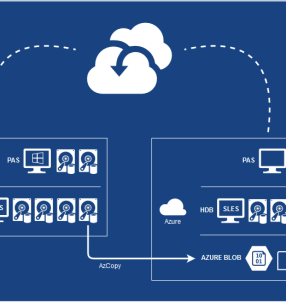
It turned out to be a watershed moment in her life. “Not only was the seminar radically inspiring, I got the opportunity to interact with many well-established researchers there,” says Sunayana, adding that it provided the proverbial pile of bricks that eventually led her to build a career in research. She went on to pursue an integrated MA-PhD degree in language technology at CMU, and subsequently joined Microsoft Research India (MSRI), Bengaluru, in January 2016.
As a senior researcher, Sunayana’s work focuses on speech and language processing for multilingual communities, and discovering new technologies capable of handling code-switching (practice of alternating between two or more languages) with minimum resources.
All content that’s available, she says, should be accessible to everyone regardless of the language they speak, especially in a country like India where most local languages remain under-supported. “The goal is to extend the ambit of language technologies beyond English, in order to cover more languages, particularly those that are endangered or that have very few linguistic resources.”
Sunayana is currently working on a project at MSRI that explores the socio-cultural aspects of code-switching and mixing.
Though her roots are in Bengaluru, Sunayana spent most of her growing years in Ahmedabad where her family is settled, and earned a BTech in computer science from NIT Surat in 2009.
Coming from a family of academicians, she says her parents have been especially supportive of her decision to pursue research. “My father himself has a doctorate degree.”
Sunayana spends most of her time off work tending to her organic vegetable farm on the outskirts of the city, and playing the doting mother to her 15-month-old daughter. Asked if she finds it difficult to strike a balance between the latter and her work, she says a flexible schedule makes it easy for her to manage.
“But I’m aware that a large number of women are not as fortunate, and often end up quitting. It’s one of the reasons why men still vastly outnumber women in leadership roles in this field.” she says.
| M | T | W | T | F | S | S |
|---|---|---|---|---|---|---|
| 1 | 2 | 3 | 4 | 5 | 6 | 7 |
| 8 | 9 | 10 | 11 | 12 | 13 | 14 |
| 15 | 16 | 17 | 18 | 19 | 20 | 21 |
| 22 | 23 | 24 | 25 | 26 | 27 | 28 |
| 29 | 30 | |||||























